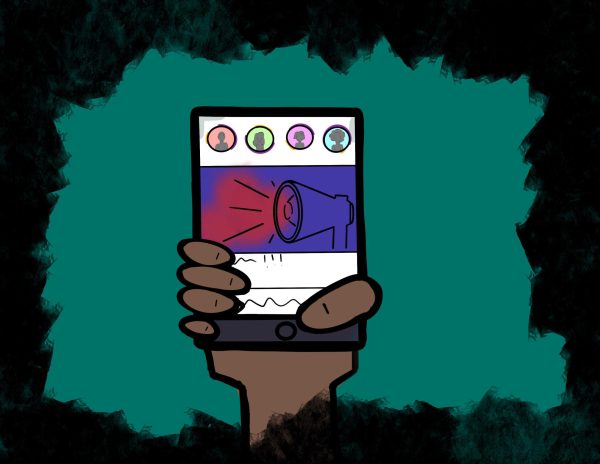Cancel Culture Breeds Toxicity
“Cancel culture” refers to people being ostracized from social platforms in retribution for mistakes. As of late, victims of cancel culture are asking themselves if such extreme methods of punishing people for past actions online are really warranted. Today internet users “cancel” people for their mistakes in a disturbing frequency recently, flooding influencers comment sections with hate and threats.
Canceling someone results in harsh public shaming and encouragements from the public to essentially stop supporting a person. A recent example of cancel culture in action is with the well-known singer Lana Del Rey. When the public stated that her music didn’t empower women, she went on to say that other mainstream artists also did not support women as she was trying to defend herself. With a desire to seemingly pin someone with exaggerated terms and an inability to debate in a mature manner, the public deemed her racist for calling out ethnic singers.
While the connection between Rey’s choice to call out ethnic singers and accusations of her racism is entirely lacking, Rey still experienced the full force of the internet. Ruining someone’s career through labeling them as evil is unnecessarily toxic and has the potential to snowball very quickly. Rey’s intent was to hold other singers, some being people of color, accountable for their music, yet she was unfairly deemed as racist and has continued to receive an onslaught of hate.
Thus, the beginning of the process to “cancel” someone should not be so easily triggered. This unjust punishment has not only been dolled out to Rey.
Senior Sadie Habas said, “I disagree with canceling culture because frankly, I think It’s incredibly toxic and dehumanizing.”
Even if people make mistakes, they should be held accountable in a fair manner. Canceling someone involves tearing through their career and putting a spotlight on their life. So, with people being canceled left and right, it’s hard to even keep track anymore.
We are all people; we all make mistakes. Each one of these people that has the audacity to cancel a celebrity for a small mistake, or misunderstanding in Rey’s case, probably had made a mistake of the same magnitude in their lives, but because of their anonymity have faced no repercussions. The cycle of cyberbullying and hypocrisy continues.
“Humans aren’t perfect, so to ruin someone’s life for making an honest mistake seems incredibly unfair,” said Habas.
Your donation will support the student journalists of Campolindo High School's The Claw. Your contribution will allow us to produce more issues and cover our annual website hosting costs.

Sophomore Thomas Singh likes running for the Campo cross country and track teams and has a passion for reading, especially historical fiction.
This...

